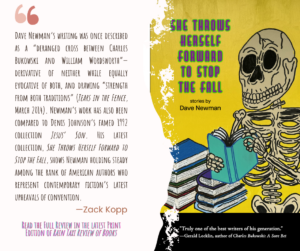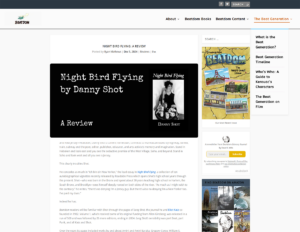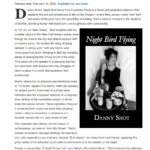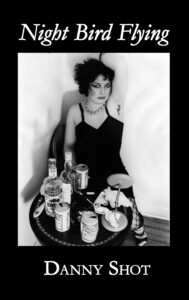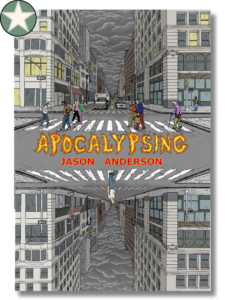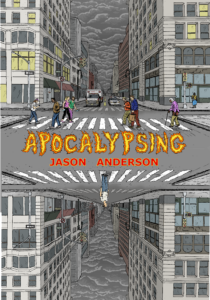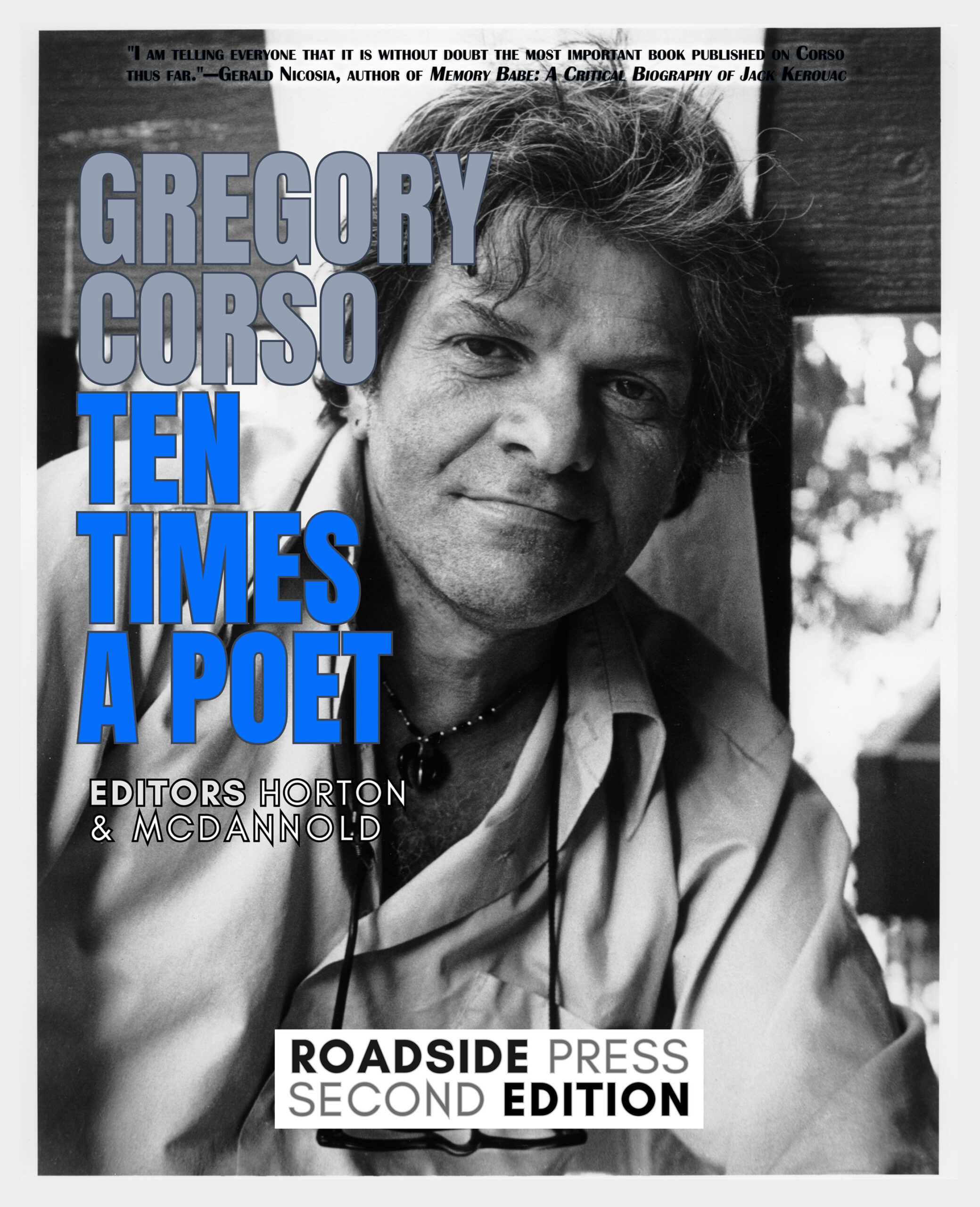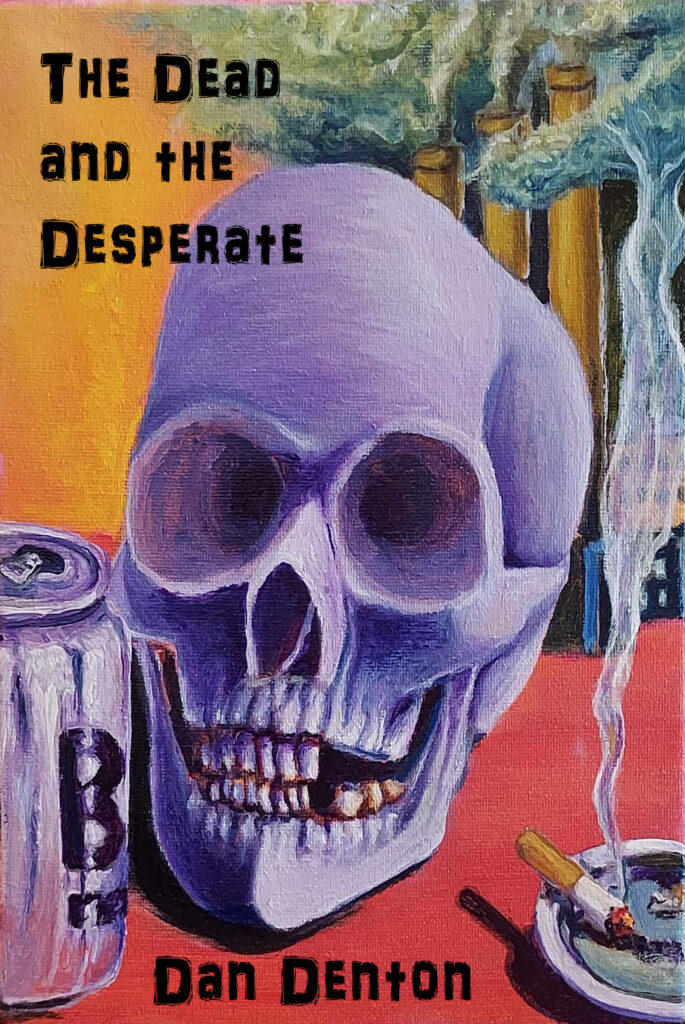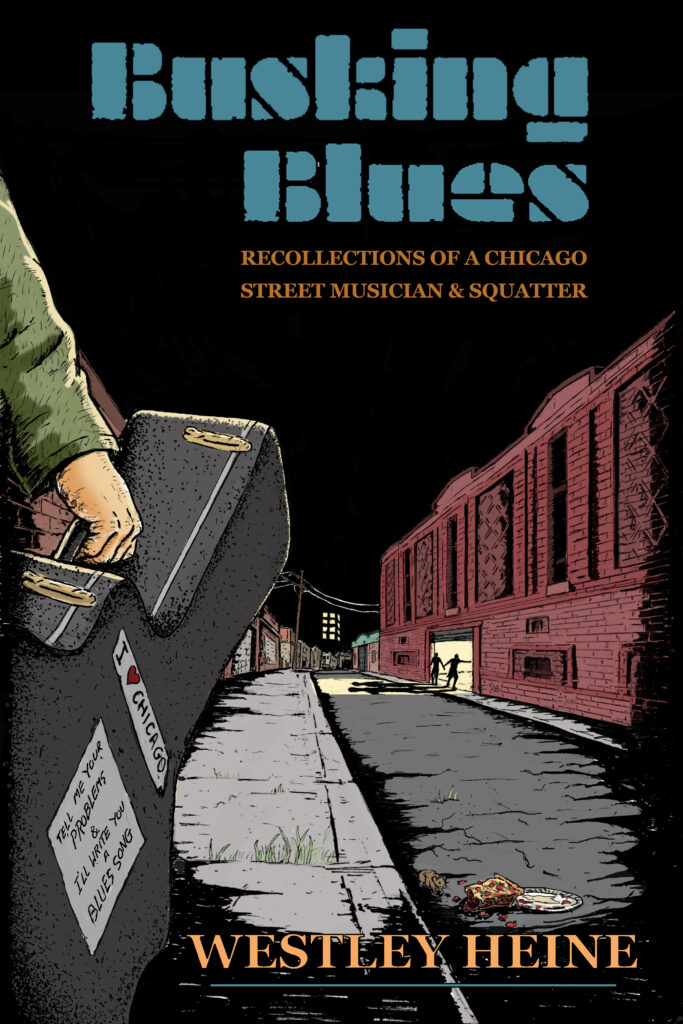Cover Reveal & Pre-Order Announcement: Cloud Watching in the Inferno by Westley Heine
Roadside Press is thrilled to unveil the cover for Cloud Watching in the Inferno, the latest work by acclaimed author Westley Heine. Featuring striking cover art by Daniel Stine, this highly anticipated collection is set for release on April 20, 2025. Readers can now pre-order signed copies at Magical Jeep and reserve their place for this compelling new book.
About the Book:
Cloud Watching in the Inferno brings together Heine’s best works from 2022 to 2024, blending poetry and short fiction with surreal imagery and dark humor. This collection captures the existential angst of modern life through narratives that span the past and future, featuring unforgettable characters and themes of heartbreak, AI, sex, death, America, insecurity, poverty, religion, ecological collapse, disease, alcoholism, madness, and space travel.
About the Author:
Westley Heine is the author of Busking Blues: Recollections of a Chicago Street Musician and Squatter (Roadside Press, 2022), the short story collection 12 Chicago Cabbies (2021), and the poetry collection The Trail of Quetzalcoatl (2016). His latest poetry collection, Street Corner Spirits, is now available, with audio excerpts streaming on most platforms under the same title.
Heine has performed twice at the Green Mill Poetry Slam in Uptown Chicago and is now the host of the poetry open mic at The Gallery Cabaret in Bucktown, held every 4th Saturday. With a background as diverse as his writing—ranging from taxi dispatcher to filmmaker—Heine brings a raw, unfiltered perspective to his work.
Praise for Cloud Watching in the Inferno:
“Searing counterculture literature in this age of extinction. Heine chronicles tragic and comedic dysfunction, capturing the raw beauty of contemporary life with hard-boiled observations.”—Mike Zone, author of Skull My Daisy and The Earth was Shaking for Days
“A love-making session gone off the bed into the unknown. Heine’s poetry cracks the illusion of the soul with sharp visions of colorful reality.”—Cathleen Schandelmeier, author of Tattoo Screams of Love and Chicago Phoenix
“Raw and unfiltered, Heine’s collection captures the aching beauty of longing, the absurdity of modern existence, and the fleeting connections that define us.”—Richard Modiano, Director Emeritus, Beyond Baroque Literary/Arts Center Los Angeles
“Westley Heine reminds me of Sherwood Anderson, viewing the loneliness and rage of current-day America. He respects humanity’s endurance while exposing the rottenness of the world.”—Zak Mucha, LCSW, author of Swimming to the Horizon: Crack, Psychosis, and Street-Corner Social Work
“A wild ride of style and diction. Buckle up.”—Donna Vorreyer, author of Unrivered and Every Love Story is an Apocalypse Story
“A compelling quest to understand the self—Heine’s words move, enlighten, provoke, and delight.”—Sarah Rae, author of Someplace Else
“Brilliant storytelling infused with blues-inflected poetry—this collection stays with you.”—David Alec Knight, author of LEPER MOSH and The Heart is a Hollow Organ
Reserve Your Signed Copy Today!
Pre-order now at Magical Jeep and be among the first to experience Cloud Watching in the Inferno upon its release on April 20, 2025.
For media inquiries, review copies, or interview requests, please contact Roadside Press.
Follow Westley Heine on Instagram: @westleyheine

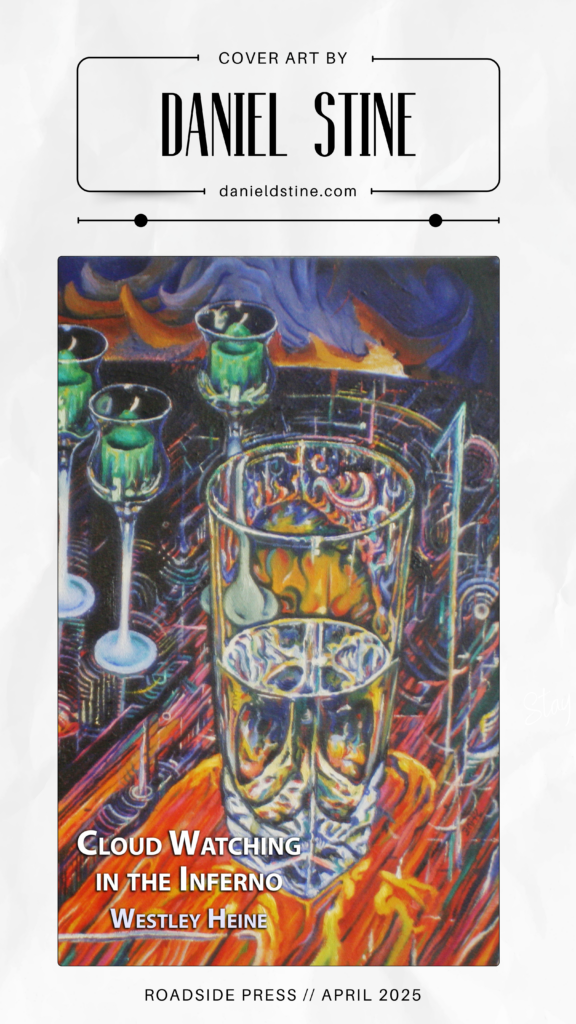
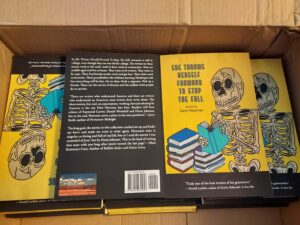
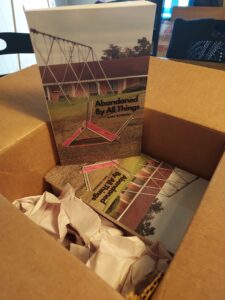
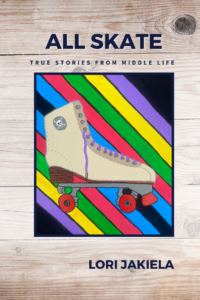
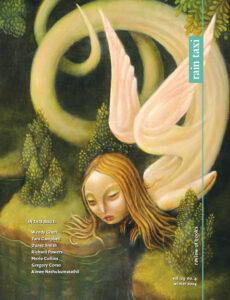
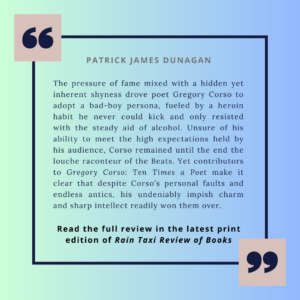 “
“